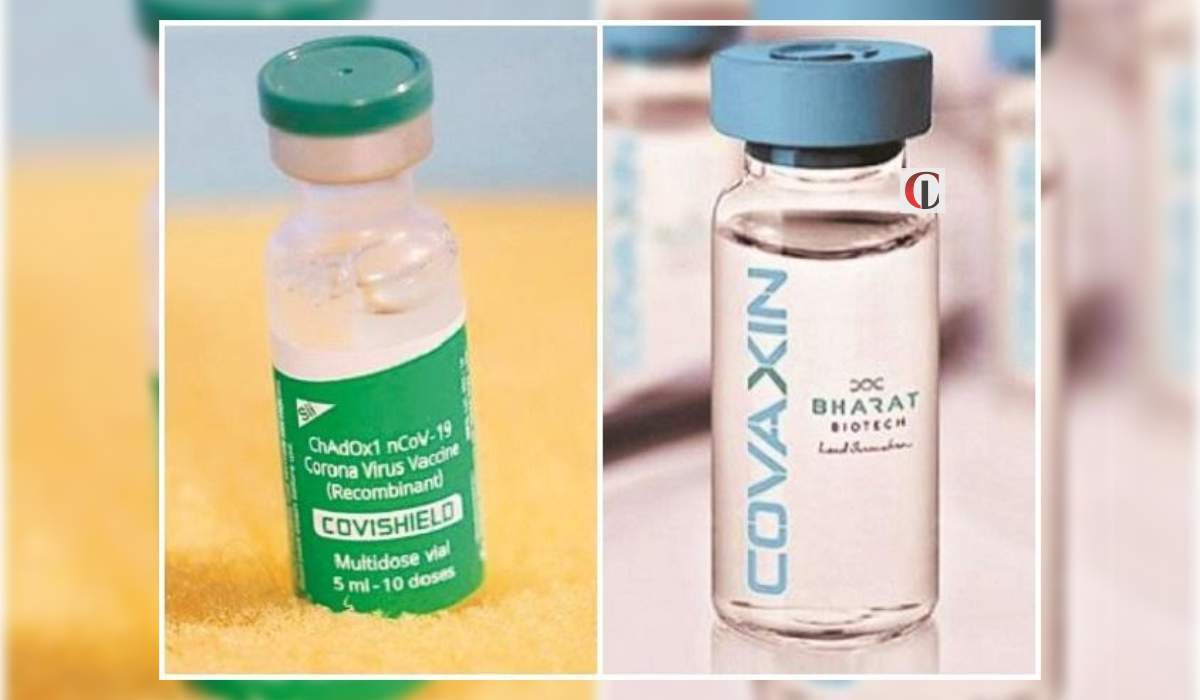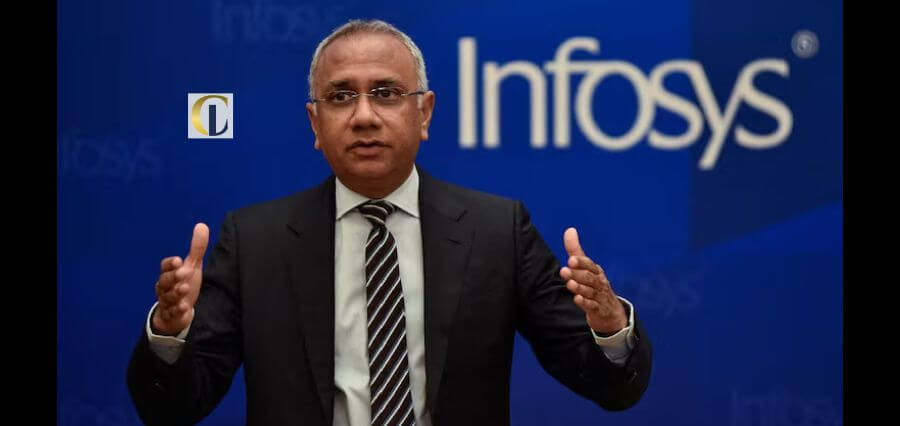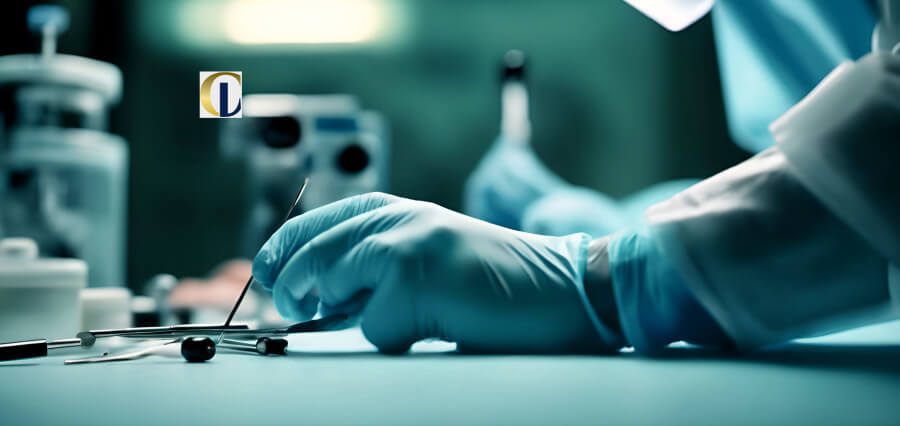The goal of the study was to look at the antibody response in Indians after two full doses of Covishield and Covaxin.
According to a recent study, Indian health care professionals who were given Covishield had a better antibody response than Covaxin recipients.
The study, which was published in medRxiv, an online archive for unpublished articles in medical sciences, found that after two shots of the vaccines, 98 percent of Covishield recipients had antibody response, compared to 80 percent of Covaxin recipients.
Awadhesh Kumar Singh, Sanjeev Ratnakar Phatak, Ritu Singh, Kingshuk Bhattacharjee, Nagendra Kumar Singh, Arvind Gupta, and Arvind Sharma submitted a paper that has not yet been peer-reviewed. The researchers have indicated that they have no competing interests and that their cross-sectional study was not funded.
The goal of the study was to look at the antibody response in Indians after two full doses of Covishield and Covaxin.
“We evaluated the humoral immune response in Indian health care professionals following two doses of both ChAdOx1-nCOV (Covishield) and BBV-152 (Covaxin) vaccines,” the authors said.
Sars-CoV-2 anti-spike binding antibody was assessed quantitatively 21 days or more after the first and second doses of two vaccines in both Sars-CoV-2 naive and recovered health care workers in a pan-Indian cross-sectional coronavirus vaccine-induced antibody titre (COVAT) investigation.
After two doses of both vaccines, 95% of the 515 health-care workers (305 men and 210 women) were seropositive. 98.1 percent of the 425 Covishield patients were seropositive, while 80 percent of the 90 Covaxin recipients were seropositive.
The presence of antibodies in the blood serum is referred to as seropositivity.
Antibody development is a binary variable, according to experts. The difference in mean or median titre between the two groups must be investigated.
“Finally, immunity is guided not only by the humoral arm of immunity (defined by neutralising antibody titres, etc.) following vaccination, but also by the cellular arm, which defines immunological memory,” he added.
The major goal, according to the researchers, was to examine the antibody response (seropositivity and median antibody titre) after each dosage of both vaccines, as well as its relationship to age, sex, blood group, BMI, and comorbidities.
“While there was no difference in connection to sex, BMI, blood group, or other comorbidities,” the scientists noted, “people over 60 years old or those with Type 2 diabetes had considerably lower seropositivity rates.”
Both vaccine recipients experienced mild to moderate adverse events that they had requested, and none had severe or unexpected side effects.
“Both vaccinations evoked a good immune response after two doses,” they concluded, “although seropositivity rates and median anti-spike antibody titre were significantly greater in the Covishield arm than in the Covaxin arm.”
This is not, however, a comparison of the vaccinations’ efficacy. Efficacy analysis would determine whether or not those who have been vaccinated develop symptoms of Covid.








